
E&B
Eric J. Johnson
Hidden Partners
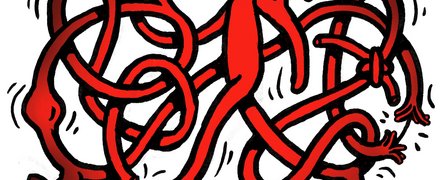
E&B
Martin Skutella
Intersecting Problems
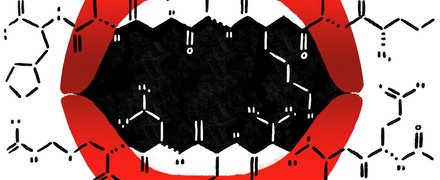
E&B
Rudolf Zechner
The Fat-Eating Enzyme
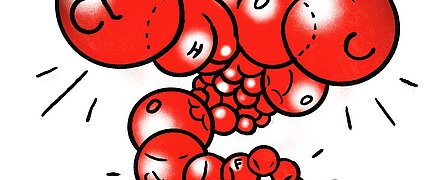
E&B
Sebastian Hasenstab-Riedel
Jekyll and Hyde Elements
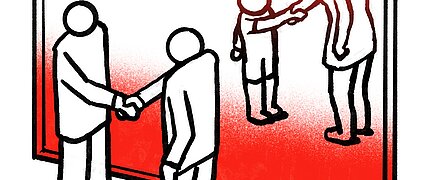
E&B
Kathrin Zippel
Glass Fences
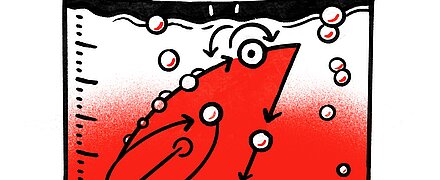
E&B
Elke Weber
At boiling point
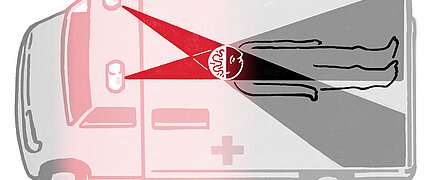
E&B
Alastair Buchan
The Penumbra of Life
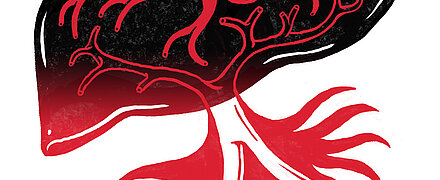
E&B
Ludovic Vallier
The Phoenix of the Cells
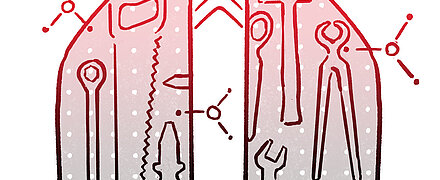
E&B
Marcus Mall
Molecular Repair Team
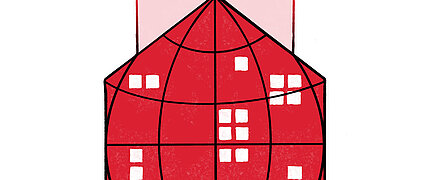
E&B
Michael Goebel
The Ebb and Flow of Certainties
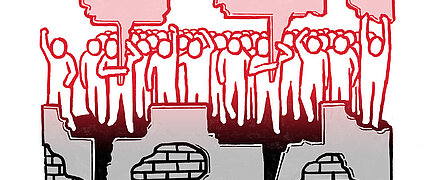
E&B
Gwendolyn Sasse
Society in the Lab
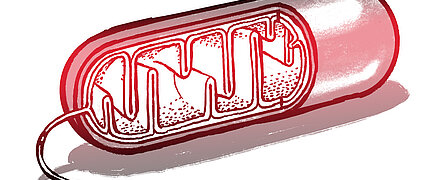
E&B
Philipp Mergenthaler

